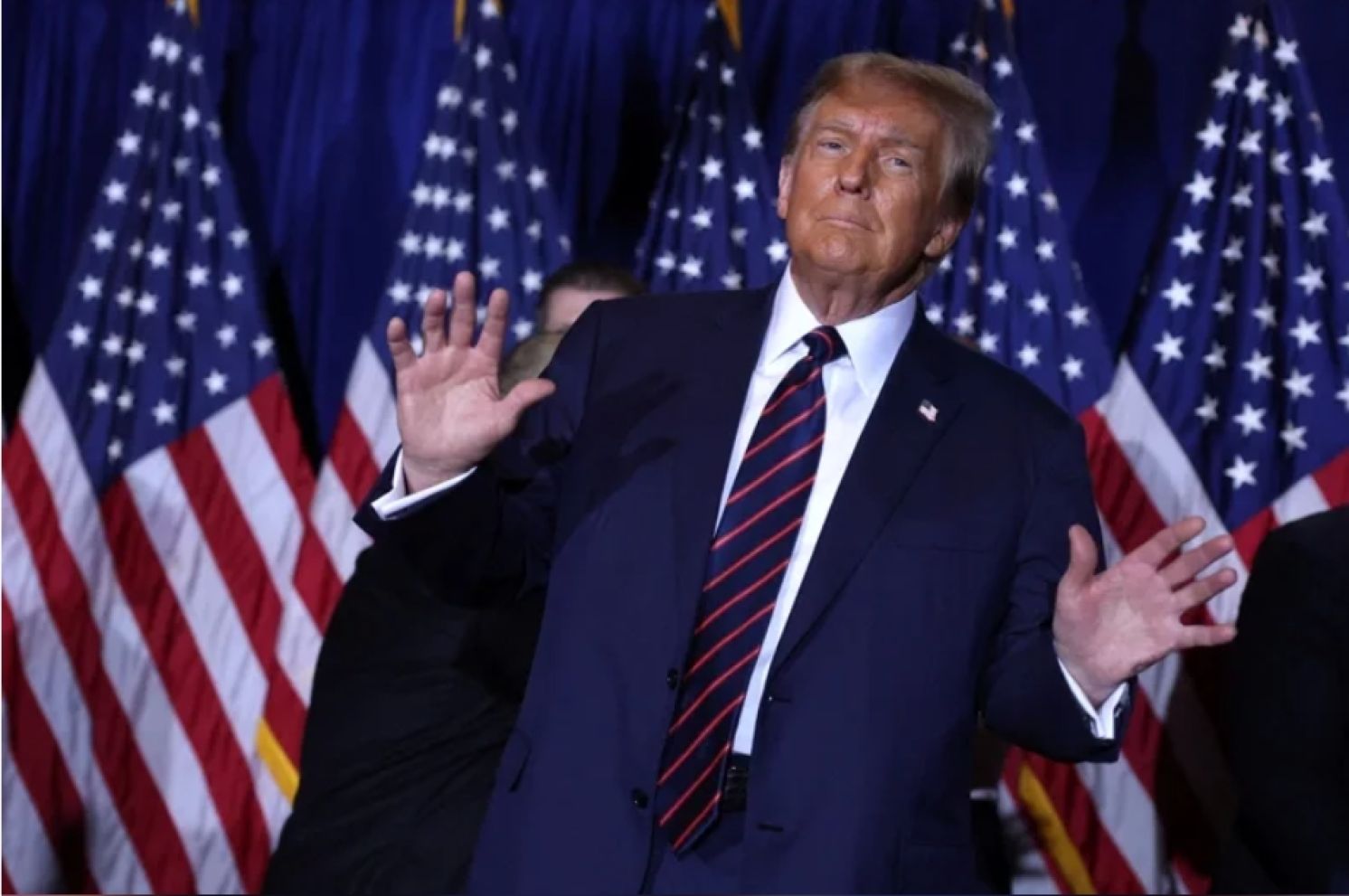
Trump's Return to White House Will Escalate Cross-Strait Tensions
By Pan Chao-min
United Daily News, January 26, 2024
Former U.S. President Trump, who has recently criticized Taiwan for taking away semiconductor jobs from the United States, is highly likely to represent the Republican Party in the 2024 presidential election and potentially become the next president of the United States. Trump expressed similar views in July last year and advocated implementing trade barriers, imposing taxes on Taiwan to stop it from taking away semiconductor jobs from the United States.
Many are concerned that if Mr. Trump successfully returns, it could lead to a scenario similar to the U.S.-China trade war, severely impacting Taiwan's semiconductor industry. What makes Taiwan even more uneasy is Mr. Trump's perspective on U.S.-Taiwan relations, where Taiwan is only used to serve American interests. As he criticized Taiwan for taking away semiconductor jobs from the United States, it is anticipated that Mr. Trump might overtly attempt to seize Taiwan's semiconductor industry, pressuring Taiwan to relinquish the core manufacturing secrets of the industry. Otherwise, Taiwan might face an insurmountable dilemma, as Mr. Trump could use the threat of abandoning Taiwan's security as leverage.
Mr. Trump favors populist means to resonate with voters as a central theme in his campaigns. His Taiwan policy is full of political calculations, undoubtedly based on America First, U.S. interests, and even personal electoral gains. If Mr. Trump is elected again, then the outcome of Trump 2.0 is expected to intensify the U.S.-China trade war, with even more robust pressure on Taiwan's semiconductor industry.
What’s more worrisome is whether Taiwan might fall into a trap. Mr. Trump's campaign promise is to end the Russia-Ukraine war, and it is very likely that if elected, he might sign conditions with Russia to expedite the end of the war, possibly involving relinquishing Ukraine. Let's not forget that Mr. Trump has abandoned allies before, as seen in the case of leaving behind the Kurdish people who fought against the Islamic State, showcasing a willingness to act in bad faith for personal interests. In other words, there's a concern whether Mr. Trump, for the sake of personal electoral gains, might further instrumentalize Taiwan, using it as bait to achieve more favorable agreements with China, as part of a trade-off.
The United States has had a history of abandoning Taiwan, such was the case in 1949 and 1978. Mr. Trump previously considered Taiwan as the tip of his Sharpie to poke at mainland China, so it is highly probable that he might pressure Taiwan's ruling party to provoke the mainland for his political calculations, thereby posing significant pressure on Taiwan's security.
Seeing that the ruling Democratic Progressive Party (DPP) in Taiwan adopts a "pro-U.S., anti-China" stance as the core value in handling Taiwan-U.S.-China relations. If Mr. Trump is elected, then Taiwan may face a more significant potential crisis than mainland China. As noted by Shelley Rigger, professor of East Asian politics at Davidson College and renowned expert on Taiwan, during an online seminar, the concern is not whether President-Elect William Lai will move towards "formal Taiwan independence" because he faces many constraints. The greater worry is that certain individuals in the United States might instigate or even compel Mr. Lai to engage in risky actions that are not in Taiwan's interest, with the requests being something he can't oppose. This is seen in President Tsai Ing-wen's inability to reject the visit from then-Speaker Nancy Pelosi of the U.S. House of Representatives, resulting in the mainland’s missile test blockade and causing a crisis in the Taiwan Strait.
Trump 2.0 is not only a nightmare for mainland China but also a dilemma for Taiwan, exacerbating the Taiwan Strait situation. Unless President-elect Lai Ching-te is willing to change tack, dismantle the "pro-U.S., anti-China" stance, adopt a middle ground in Taiwan-U.S.-China relations, and enhance positive developments in cross-strait relations, the people of Taiwan may have to fend for themselves and fasten their seatbelts.
The author is a professor at Tunghai University and executive director of the Institute of Cross-Strait Relations Studies.